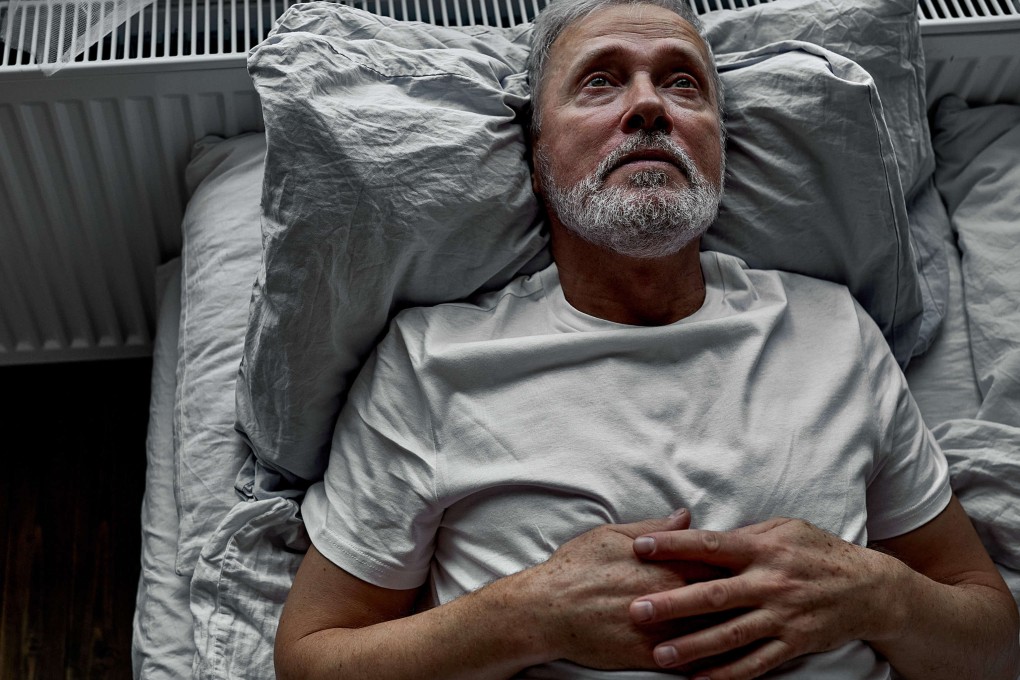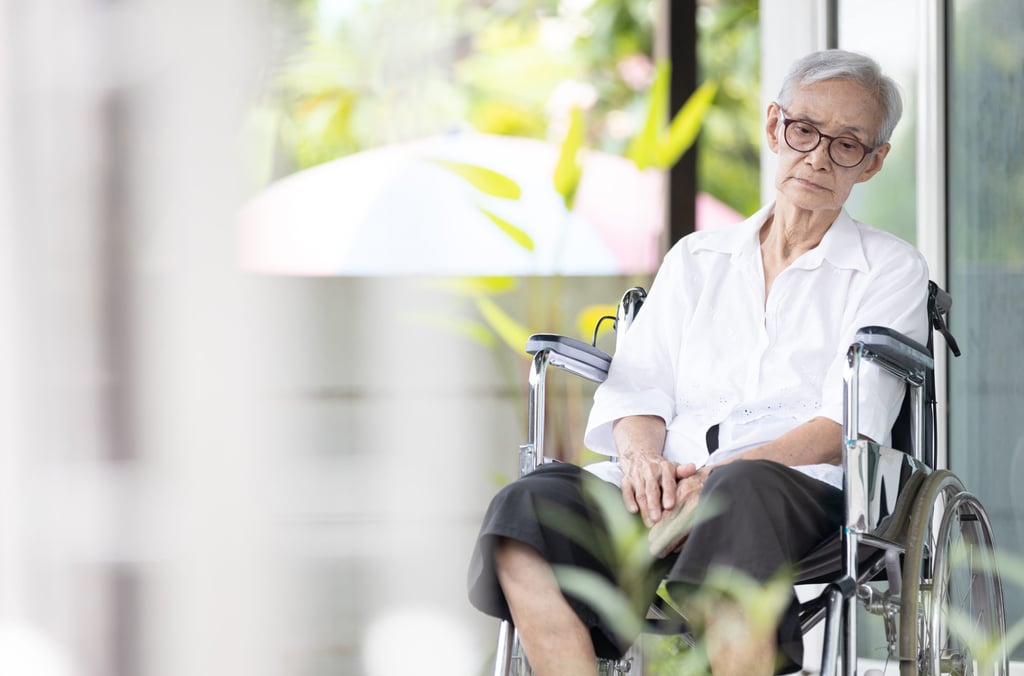Why depression in old age is different, and how to deal with it – in yourself or a loved one
- Age-related illnesses, deaths of friends and family, loneliness: depression is common for older people, especially if they had mental health problems before
- If you suspect someone has depression, speak to them about it and suggest they seek help; expert says ‘it’s better to check with them too often than too seldom’

A pall falls over your life and you ask yourself, “What’s the point of going on?” Where once there was joy is now only emptiness.
Depression is a common mental disorder that affects an estimated five per cent of adults globally, according to the World Health Organization. It’s described as “a leading cause of disability around the world and [one which] contributes greatly to the global burden of disease”.
“Depression isn’t so much a reaction to difficult personal circumstances as it is an independent illness,” says Ulrich Hegerl, professor of psychiatry and psychotherapy at the University of Frankfurt in Germany and chairman of the German Depression Aid Foundation.

Most older people suffering from the mental disorder had depressive phases earlier in their life, notes Hegerl. But depression later in life is different in some ways.